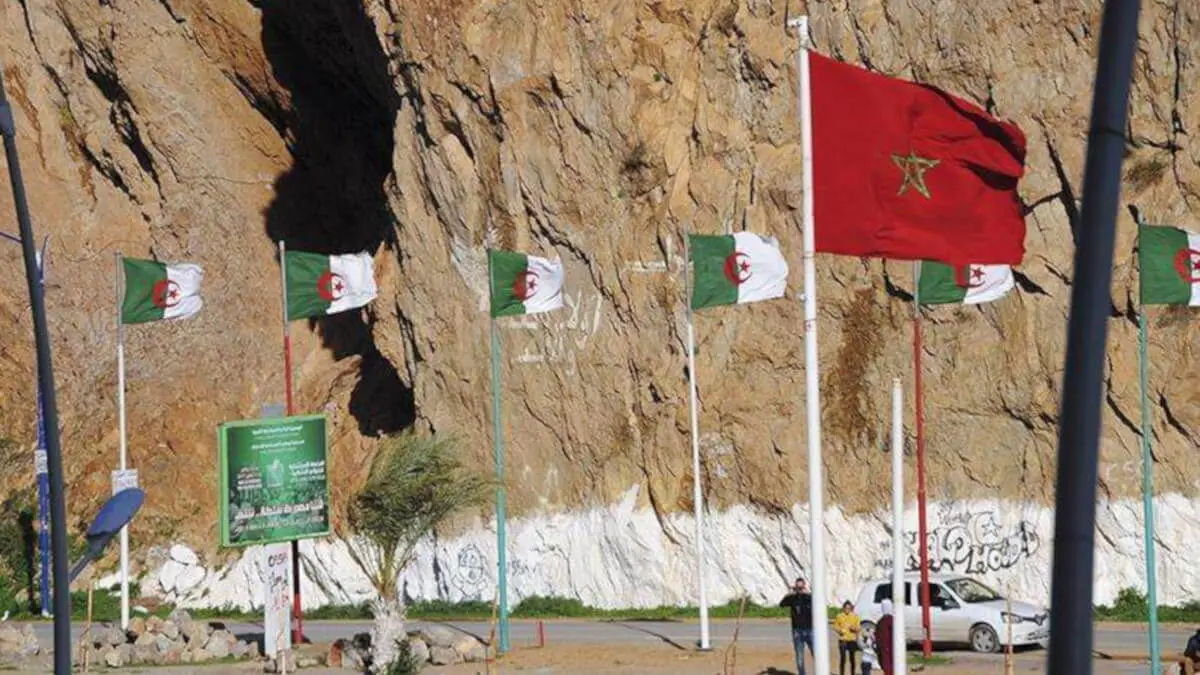
Morocco’s permanent representative to the United Nations, Ambassador Omar Hilale, has clarified the kingdom’s position on the Sahara and its relations with Algeria during the 80th session of the UN General Assembly.
Speaking in response to remarks by Algerian Foreign Minister Ahmed Attaf, Hilale delivered what observers described as a “firm but measured” address, aiming to set the record straight without engaging in polemics.
“I wish to restore the truths and respond point by point, without controversy or animosity,” he stated, emphasising Morocco’s longstanding role in raising the Sahara issue at the UN.
Hilale recalled that Morocco first brought the Sahara question to the General Assembly’s agenda in 1956, asserting that the initiative was a direct response to the kingdom’s decolonisation claims.
“History will remember that it was Morocco which, since 1956, placed the Sahara on the decolonisation agenda.
This did not happen spontaneously but followed the Kingdom’s demands,” he said.
Addressing Algeria’s omission of UN Resolution 3458 B, adopted in 1975, Hilale noted that the resolution acknowledged the Madrid Accords, which ended Spanish colonial rule in the territory.
“It was in this very chamber, fifty years ago, that the General Assembly recognised the legitimacy of these agreements, which formalised the recovery of the Southern Provinces by Morocco,” he added.
Hilale also emphasised that the Security Council has treated the Sahara issue as one of peace and security for decades, rather than a colonial matter.
“Since 2007, the Council has adopted annual resolutions affirming the primacy of the Moroccan autonomy initiative, recognised as serious and credible,” he said.
In countering Attaf’s claims of “imposed realities,” the ambassador highlighted Morocco’s socio-economic transformation of the region: “Today, the realities of the Moroccan Sahara include billions in investments, lasting peace, exemplary stability, Africa’s longest bridge, a north-south highway, universities, teaching hospitals, and the continent’s largest deep-water port.”
Hilale further noted the active political and economic participation of Saharan populations and the opening of over 30 consulates in Laâyoune and Dakhla as tangible recognition of Moroccan sovereignty.
He added that the United States has encouraged its companies and agencies to invest in the region, underscoring international confidence in Morocco’s administration of the territory.



